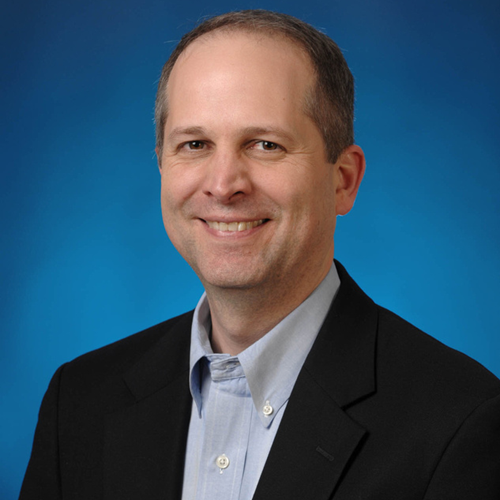Sandra Wiley, President of Boomer Consulting, Inc., is a leader in the accounting profession with a passion for helping firms grow, adapt, and thrive. She is regularly recognized by Accounting Today as one of the 100 Most Influential People in Accounting as a result of her expertise in leadership, management, collaboration, culture building, talent and training.
Sandra and I had the opportunity to speak about leadership and advisory services on the Scaling New Heights Podcast. Here is a transcript of our conversation. (Part 3)
Sandra: There are two facts to keep in mind. First, carve out time for what we're asking you to do here, which might mean you have to let go of things that you're already comfortable doing. Second, give yourself more credit as a professional than you do today.
Joe: Thank you. Thank you for saying that.
Sandra: You and your team know more than you think you do. Our biggest enemies in becoming agents of small business transformation are the people we look at in the mirror. We forget that we are pretty darn good at what we do.
Joe: Absolutely. Many bookkeepers, EAs, and CPAs look in the mirror and say, "That's not my area of accountancy. I'm not a full-service CPA firm." The question is not, "Do you know as much as the top 100 most influential people in the accounting field know, or that an MBA knows?" The question is, "Do I know more than my client knows?" The answer to that is almost always yes.
If there is a gap, then you can take your breadth of knowledge with a little industry and filler training, go specific with what the client needs, and then quickly fill that gap and know more about how that client needs to run their business than the client does. Remember, your clients are experts at doing whatever their businesses do - their trades, their inventions, their services. They are not experts at being small business owners. If you have any level of expertise on that topic, you're ahead of your client.
Sandra: You hit that dead on.
Joe: I want to ask you two more questions as we wrap up, Sandra. What's the one biggest challenge facing the accounting profession right now? What's the accounting profession's biggest opportunity?
Sandra: Those are such great questions. We have several challenges out there. But handling the challenge of succession would probably cause a lot of the other ones to go away. We must be realistic, and we must be laser-focused on the area of transition of our business. We must spend time and put on our radar that the baby boomers are going to leave the profession. The next generations, Generation X and Millennials, will be and need to be moving up faster than ever. The big challenge we face is that there are people with their heads in the sand. They are not paying attention to the fact that in five or ten years they're going to be doing something else. They're still going to be around, just doing something different. They must transition their business to other people. That's the big challenge.
The opportunity is that current firm leaders have an opportunity to lead and teach the next generation. They have a tremendous amount of intellectual capital. The most important thing they can do in the years ahead is to find a way to pass on that wisdom and knowledge. They can listen and change with that next generation leader’s vision of the practice and the profession. It takes years to do this, and we cannot wait until the final year to do it.
I'll end with one story that I think is sad. I talked to a small business owner. There are five individuals in the firm. The leader has been the leader for years. He is 82 now. He called recently and said to me, "All right, I'm ready. What should I do to sell my practice? How do I value it?"
I listened with great empathy. I said, "Who is in your firm? Tell me about your firm." He’d employed everyone in his firm for years. Not one person in the firm was under 60. I had to give him bad news, "You're an all-compliance firm. You employ only people who will be leaving the profession in the next five or six years. People will look at you in a not-so-great way."
That's sad to me, because if he'd started earlier, he'd have built a team around him and changed his mindset and focus. He would have trained his people differently and had a practice that would have been extremely beneficial to others. It's going to be hard for him. We're going to find a way to help him do these things, but it won’t be as fruitful for him.
Joe: It's not just the nature but the demographic of his practice. Ten or fifteen years ago he might have hired and groomed someone in their twenties and given that person more leadership capabilities as he or she earned more trust. Had he turned that person into a leader within the company, then the succession would have just fallen right into place. That new leader would have also kept the firm modernized technologically and culturally.
A beautiful example of this was the succession at Boomer. That one was handled masterfully. Gary used Jim as a successor, and the entire leadership team with you, Sandra, and Dustin to create a succession plan for himself. If you can use that as a shining bright example of what a succession plan looks like, you can get some inspiration for how you're going to do your own.
.png?width=150&height=63&name=TWRlogo-regmark_blueblack%20(1).png)
.png)










Do you have questions about this article? Email us and let us know > info@woodard.com
Comments: